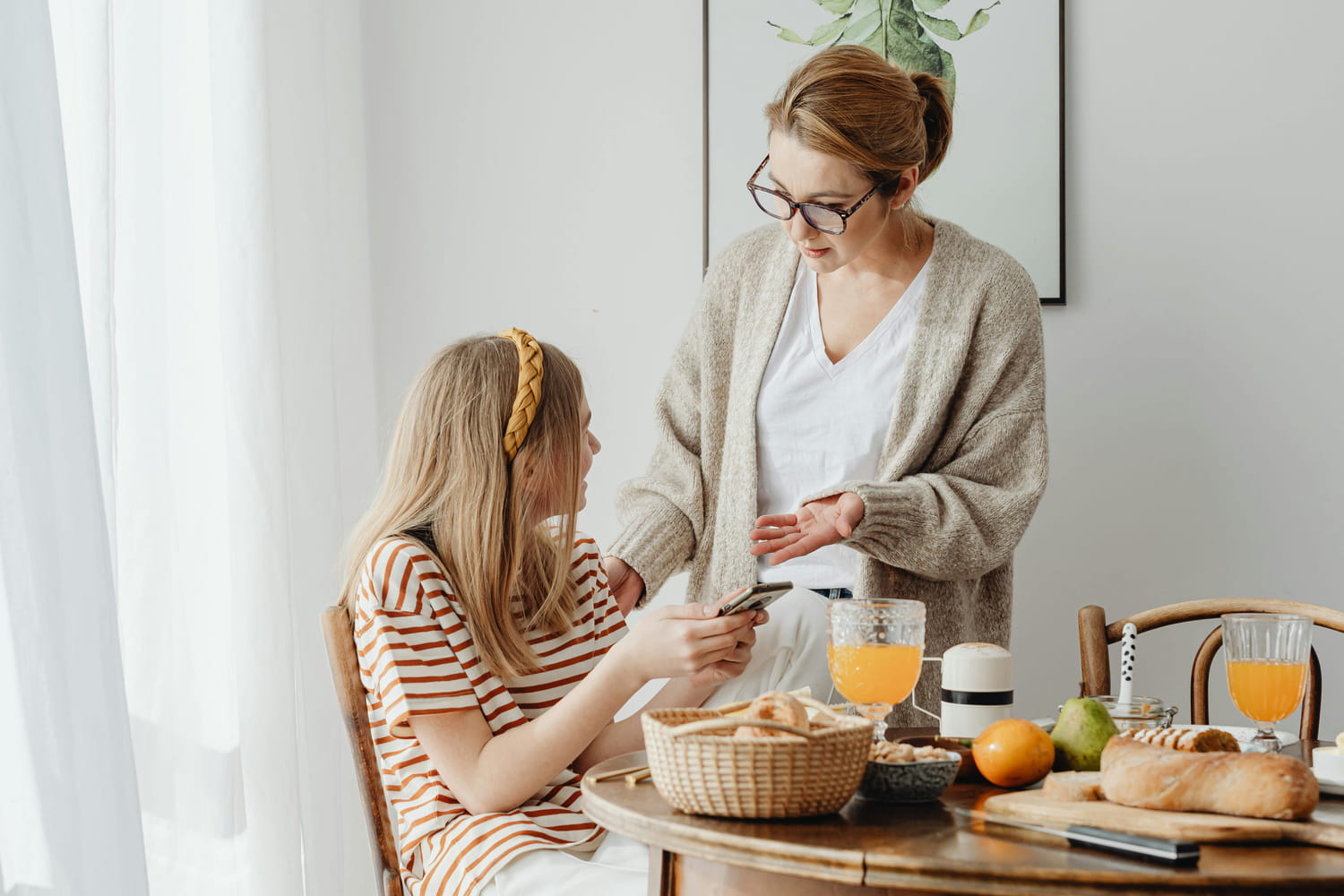Guest of the Raising Good Humans podcast, psychologist Lisa Damour, specialist in adolescents, shared a phrase that she considers essential for all parents. She even says that we “can’t be a parent without her”. His idea is simple: children often need to be listened to before being helped. Indeed, when a child comes with a problem, he does not always look for an answer. He is looking for a space to express what he feels. By allowing this time, the parent sends a strong message: you can count on me, I listen to you, I trust you. This trust nourishes the bond and shows the child that he is capable of thinking and finding his own solutions.
Moreover, the figures confirm it. In 2024, a study of Generation Z by the Walton Family Foundation and Gallup, in partnership with Lisa Damour, found that 62% of young people prefer their parents to simply listen to them when they are upset. Less than a third want advice. In other words, teenagers do not flee dialogue: they flee the haste with which we want to help them.
In this context, the specialist recommends using sentences that validate what the child feels: “Of course you’re upset”, “What you’re describing sounds painful”, or simply “I understand”. This type of response is usually enough to calm the tension. It’s a way of saying: your emotions are legitimate. And that’s all they need to move forward. Lisa Damour’s message is therefore clear: being a parent is not about solving, it’s about supporting. Give space to speak and accept not to control everything. And for that, there is a very simple question that she calls “the most precious phrase in all of parenting.” These are: “Do you want my help or do you just need to vent?”
By using this wording, you show that you trust your child to solve the problem he is encountering on his own. Obviously, if a problem keeps coming back or really seems to be a problem, the parent can intervene. But even then, the first step remains the same: listen first.


